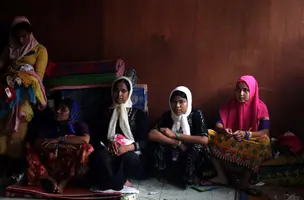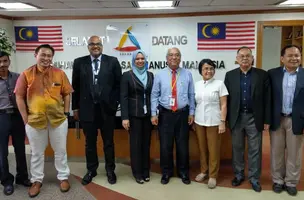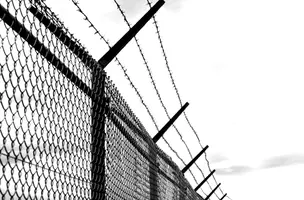
Home
Publications
Publications
Showing 0 to 0 of 0 results

Reports
2017-08-03T04:52:31
Examining Human Rights in the Context of ASEAN Regional Migration

Statements
2017-08-02T07:33:21
ASEAN MPs call for stronger protections for migrants and refugees

Statements
2017-03-24T07:31:29
Regional parliamentarians concerned about reported deaths in Malaysian immigration detention facilities
TOP
ASEAN Parliamentarians for Human Rights (APHR) was founded in June 2013 with the objective of promoting democracy and human rights across Southeast Asia. Our founding members include many of the region's most progressive Members of Parliament (MPs), with a proven track record of human rights advocacy work.
Copyright © 2024-2025 All Rights Reserved - ASEAN Parliamentarians for Human Rights (APHR)
Website by Bordermedia